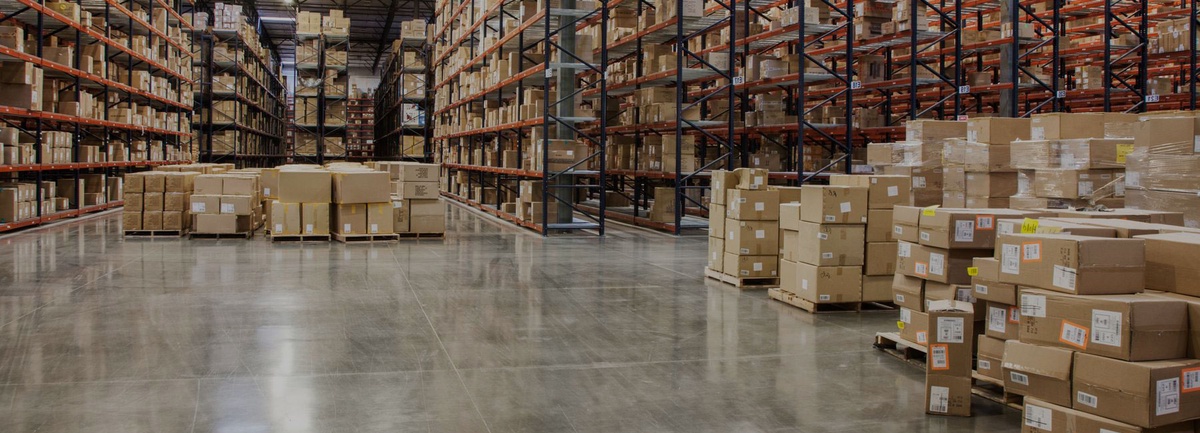In the rapidly evolving realm of e-commerce, efficient logistics and warehousing services play a pivotal role in ensuring seamless operations and customer satisfaction. As the digital age continues to reshape the way we do business, e-commerce companies are seeking innovative solutions to revolutionize their logistics processes. In this article, we will explore the future of warehousing services, highlighting the key trends and technologies that are transforming the e-commerce logistics landscape.
Automation and Robotics in Warehousing
One of the most significant advancements in e-commerce logistics is the integration of automation and robotics in warehousing operations. With the help of cutting-edge technologies such as autonomous robots and automated conveyor systems, companies can streamline their order fulfillment processes, reduce errors, and enhance overall efficiency. These intelligent machines can swiftly navigate through warehouses, locate specific items, and transport them to the packaging area with minimal human intervention. By adopting automation, e-commerce logistics companies can handle large order volumes, improve order accuracy, and expedite delivery times.
Artificial Intelligence and Machine Learning
Artificial Intelligence (AI) and Machine Learning (ML) are revolutionizing the way e-commerce logistics companies manage their inventory and optimize their supply chain. By analyzing historical data, AI algorithms can forecast demand accurately, enabling companies to maintain optimal stock levels and prevent stockouts. Machine Learning algorithms can also optimize route planning and delivery schedules, taking into account factors such as traffic conditions, weather forecasts, and customer preferences. By harnessing the power of AI and ML, warehousing services can operate with greater precision, reduce costs, and provide better customer experiences.
Warehouse Management Systems (WMS)
Warehouse Management Systems (WMS) are becoming increasingly sophisticated, providing e-commerce companies with comprehensive tools to manage their inventory, track orders, and optimize warehouse operations. These systems offer real-time visibility into inventory levels, enabling companies to make informed decisions regarding stock replenishment and allocation. WMS also facilitates efficient order picking processes through intelligent picking algorithms and barcode scanning technologies. By implementing robust WMS solutions, e-commerce logistics companies can improve order accuracy, minimize stock discrepancies, and enhance overall operational efficiency.
Last-Mile Delivery Innovations
The last-mile delivery, often considered the most challenging aspect of e-commerce logistics, is witnessing remarkable innovations. Companies are exploring alternative delivery methods such as drones and autonomous vehicles to overcome the limitations of traditional delivery systems. Drones, equipped with GPS technology and advanced sensors, can navigate through congested urban areas and deliver packages directly to customers' doorsteps. Autonomous vehicles, powered by AI, can optimize delivery routes, minimize transportation costs, and reduce carbon emissions. These groundbreaking technologies are poised to transform last-mile logistics, making deliveries faster, more convenient, and environmentally friendly.
Data Analytics and Predictive Insights
Data analytics and predictive insights are invaluable tools for e-commerce logistics companies. By harnessing the vast amount of data generated throughout the supply chain, companies can gain valuable insights into customer behavior, demand patterns, and operational performance. Advanced analytics tools can help identify bottlenecks in the logistics process, optimize inventory management, and predict future demand with greater accuracy. By leveraging data, e-commerce logistics companies can make data-driven decisions, improve overall efficiency, and deliver exceptional customer experiences.
The future of warehousing services in the digital age is characterized by automation, artificial intelligence, and data-driven decision-making. E-commerce logistics companies that embrace these transformative technologies can improve operational efficiency, enhance customer satisfaction, and gain a competitive edge in the dynamic e-commerce landscape. As the demand for fast and reliable e-commerce logistics continues to grow, it is crucial for companies to stay abreast of the latest trends and innovations to revolutionize their warehousing services and meet the evolving needs of customers.


No comments yet